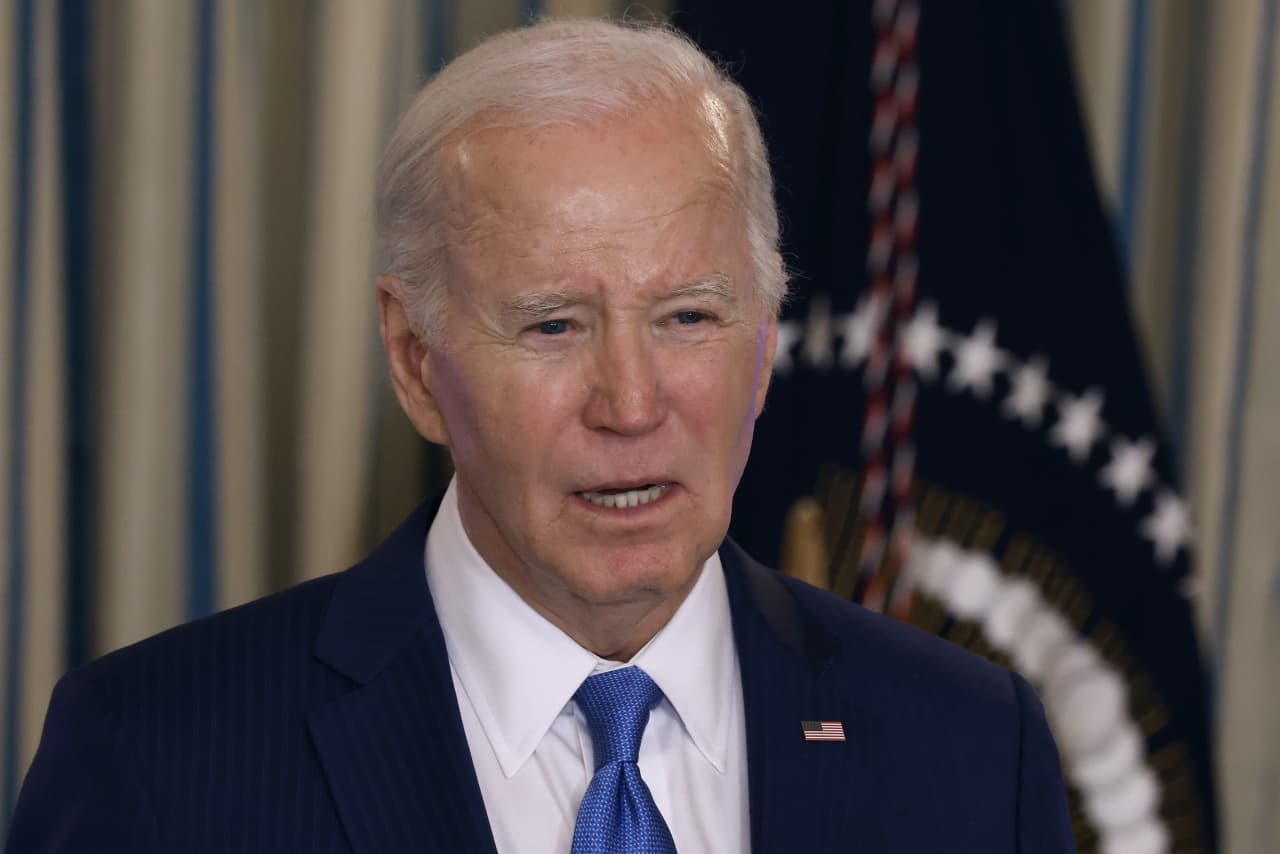How the Biden Administration Will Address Rising Housing Costs

With home prices hitting record highs, the Biden administration plans to address rising housing costs with a slew of new programs to increase supply, officials announced Thursday.
The White House announced that several federal agencies will use government programs to encourage the construction of affordable rental and manufactured homes. This is on top of nearly $4 million in research grants from the federal government to explore new ways to increase inventory, including office-to-residential conversions.
The announcement comes as the U.S. housing market faces an acute housing shortage following more than a decade of home construction shortfalls. According to Realtor.com, data documenting the number of households formed in 2023, the country has a shortage of 2.5 million housing units, including both single-family homes and apartments.
This ongoing inventory shortage has driven U.S. home prices to record highs. Many homeowners who purchased homes during the pandemic are effectively locked in their homes due to relatively rock-bottom mortgage rates and are reluctant or unable to sell.
The number of apartments currently under construction is at the highest level since the 1970s, when the federal government began tracking data to help lower rents and ease housing costs for renters.
But that’s not enough, Adrianne Todman, deputy secretary of the U.S. Department of Housing and Urban Development, told MarketWatch. She said the new policy would address housing costs for renters and some homebuyers.
“One of the things we want to do is make sure Americans have access to affordable rental housing,” Todman said.
The strategy behind Thursday’s action “focuses on bringing affordability to the housing market for the families who need it most,” she added.
Among the policies announced was the expansion of the risk-sharing initiative between the Federal Housing Administration and the Federal Financing Bank. This program provides capital to state and local housing finance agencies to continue making FHA-insured multifamily loans at reduced interest rates for the construction of affordable rental housing.
“It’s expensive to build a house,” Todman said. “What this program does is not necessarily lower the cost of building homes, but it allows us to put more federal resources into building homes, making it more affordable for families to live there.”
The FHA estimates that the expansion will create about 38,000 homes over the next 10 years.
“From a renter’s perspective, what they’re going to see is more homes coming online in their neighborhood, across the state, and more opportunities to find affordable rental housing,” Todman added.
The federal government is also working to increase the availability and affordability of manufactured homes. A manufactured home is a home that is built off-site at a factory and then moved to its original location. It may also refer to a mobile home.
Under the new policy, HUD will update how it calculates loan limits for its manufactured home loan program to ensure that people can purchase them and to encourage lenders to participate in the program and make loans to interested buyers.
The government said about 22 million people live in prefabricated homes.
“Manufactured homes are an important part of the nation’s affordable housing stock, but many families, especially in historically underserved communities, lack access to safe, affordable financing for these homes,” said Rachel Siegel, senior director of housing at the nonprofit Pew Charitable Trusts. .” he said. -The policy initiative said in a statement.
The announcement also “is an important step toward improving access to financing for thousands of American families left out of today’s housing market,” Siegel added.
The White House also announced that it would ban fees such as application fees and screening fees for government-assisted housing vouchers. Announces new policies to reduce evictions. Protects tenants from flawed tenant screening reports.
How have rising home prices affected your life, and what do you think about the U.S. economy? Let us know at readerstories@marketwatch.com. One of our reporters may contact you to find out more.



